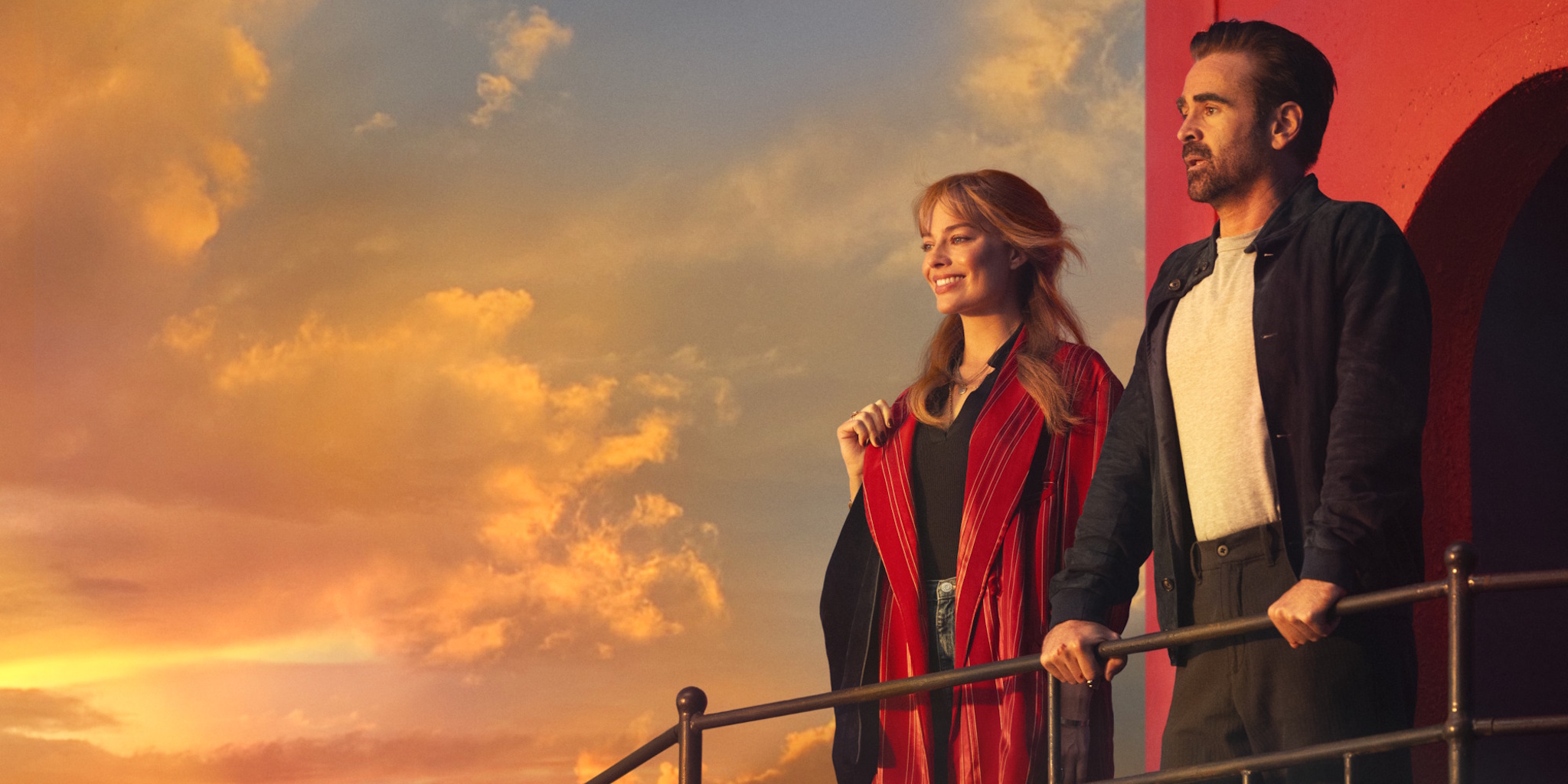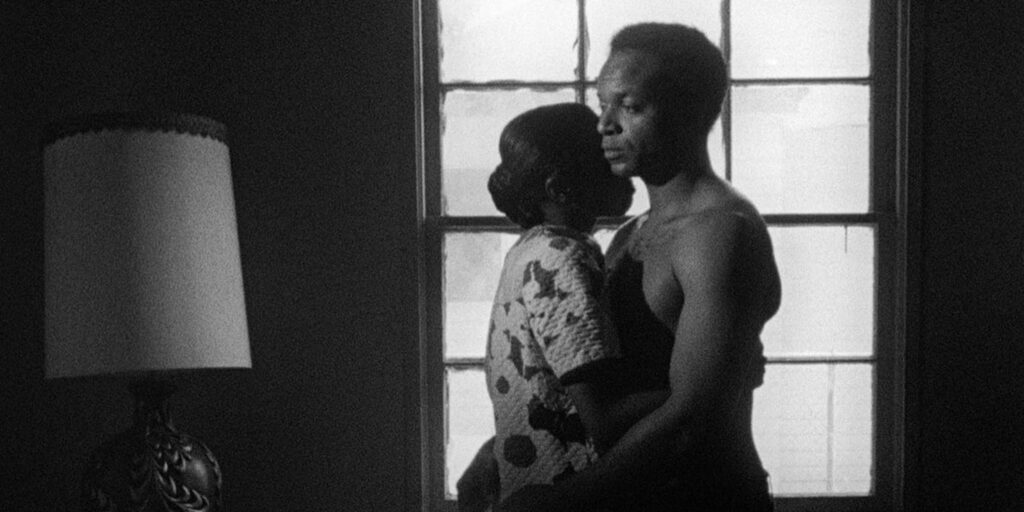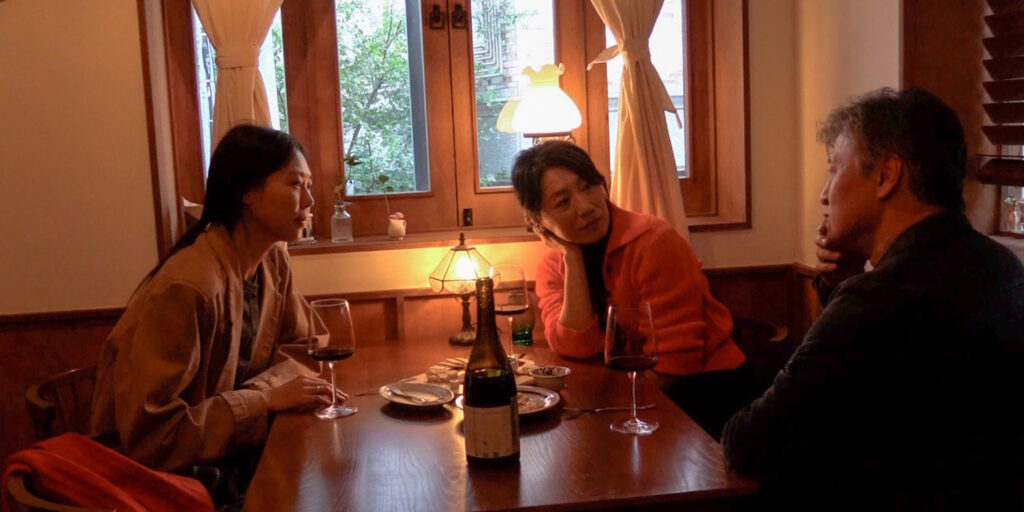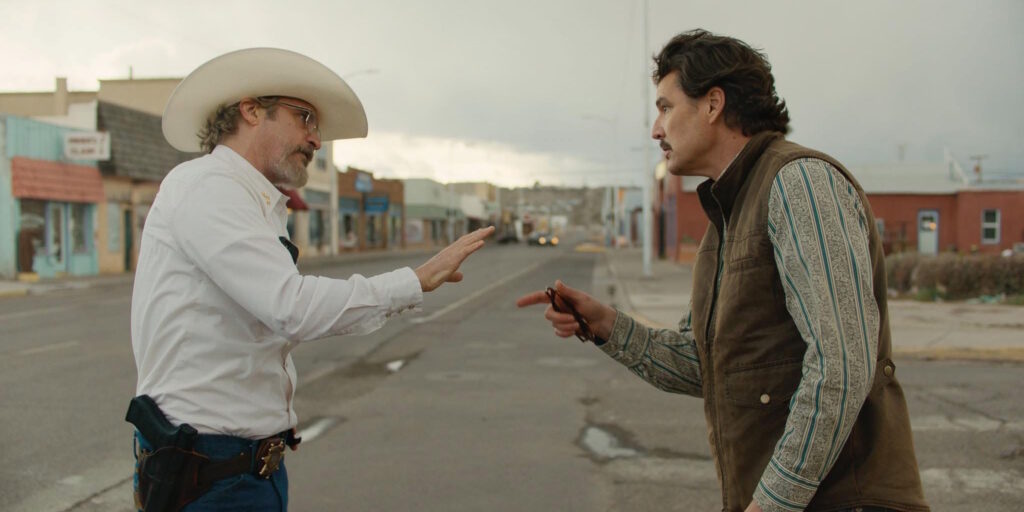From a distance, A Big Bold Beautiful Journey resembles any other Hollywood romance, one featuring bankable, charming stars and a light enough tone to appeal to everyone. The story behind this fluffy romantic drama, however, reveals one of the most bizarre movies in years. Starting out as a 2020 Blacklist favorite, Seth Reiss’ screenplay was picked up years later, with Kogonada, of all directors, tapped to helm. Known for his introspective, acclaimed dramas Columbus and After Yang, the mononymic video essayist-turned-feature filmmaker is an extremely strange choice for a $50 million Sony Pictures romance. Perhaps the rationale lies in his more commercial work, such as directing episodes of AppleTV+’s Pachinko and Star Wars series The Acolyte, but the pairing of director and material is still an odd one.
Journey’s unusual premise may also explain why Kogonada was drawn to the script. Obliged to rent cars from the same mysterious company simply named the Rental Car Company – which conducts its business in a hangar staffed only by two quirky workers (Phoebe Waller-Bridge and Kevin Kline) – David (Colin Farrel) meets Sarah (Margot Robbie) en route to a friend’s wedding. Drawn to each other, they play a game of hard-to-get as they walk along a scenic wedding venue, where their arcs are stated for the audience via on-the-nose dialogue. Sarah is distant, preferring to keep things casual to prevent “hurting” David while exhibiting attraction to him, while he remains persistent, his hopeless romantic persona drawing him to her. Soon, however, this charade must end.
Driving back to his average life a day later, David gets a strange offer from the magical GPS (voiced by Jodie Turner-Smith) given to him by the Rental Car Company to go on a “Big Bold Beautiful Journey.” Feeling as if his life is stuck in a rut, he accepts – which involves him repeatedly yelling his assent to the GPS to get the system to comply – and it takes him to the first stop on his path to fulfillment: Burger King. Enjoying a nice Whopper, fries, and onion rings, he sees that Sarah is also there (having a “fast-food cheeseburger,” as the GPS put it), and the two reconnect after their awkward meeting the other night. From this fateful encounter, David realizes that Sarah is driving the same type of car, outfitted with its own magical GPS. Just before they separate once again, the GPS somehow causes Sarah’s car to break down, leading to a shared trip through the countryside as they embark on a big, bold, and beautiful journey together.
Even before the film gets to its main draw, in which David and Sarah’s journey is expressed through magical doors that take them to past moments in their lives, A Big Bold Beautiful Journey sits in a weird space. Although its extensive product placement and unsubtle script should take away from the film’s quality, the combination of those factors with the dedication of Kogonada and its two main stars gives it a strange charm. Beautifully shot by Benjamin Loeb, Journey emits an otherworldly atmosphere with its pristine shots, lack of specificity in its locations, bright and vibrant colors, and the objective focus brought on by Kogonada. There’s almost a farcical sense to it all, playing into the romance genre’s artificiality, including several moments of characters giving dramatic monologues about their lives only to later comment on these speeches being false. Underneath the genre trappings of two people figuring out their emotional baggage and learning to love, there is a sincerity.
Kogonada never looks down on the script, instead playing into the inherent fun of a romantic fantasy. When the couple go into a door that takes them to David’s freshman year of high school, amid the drama of David’s hurt from his rejection by a crush, there’s still an extended sequence of him happily performing the lead role in his school’s production of How to Succeed in Business Without Really Trying. Even when things should be serious, such as the emergent couple facing their flaws or interacting with their now-dead parents, the film keeps a light enough tone to avoid feeling harrowing, yet still emotional enough to produce some sap. Although this may hinder its chances for profundity, at least Journey has some idea of what it wants to be. (Compare this to Materialists, a romantic comedy with pretensions of being smarter than its genre despite sharing the same themes and conclusions.)
It may not be the hard-hitting, existential drama its premise would initially promise, but there is a fun old-fashionedness to A Big Bold Beautiful Journey, harkening back to the fantastical romantic-dramas of the 2000s such as The Lake House and Eternal Sunshine of the Spotless Mind, with which it would fit snugly. (Speaking on its Kaufman influence, the numerous scenes of David and Sarah talking to each other in a car evoke a happier version of I’m Thinking of Ending Things). With Farrell and Robbie playing into the film’s uncanniness to bring out a level of human-like theatricality akin to Hepburn/Grant, there is something refreshing about the duo’s dedication in throwing realism out the window.
Kogonada, Farrell, and Robbie elevate the screenplay as best they can. They create a colorful, sweet piece of fluff, a Kaufman film for the Hallmark crowd, which might be the best outcome for such an awkward screenplay. It’s cute and charming in its oddity, even if it doesn’t leave much of an impact in the romance genre except as a fun throwback. However, if someone can’t see the fun and absurdity of Colin Farrell and Margot Robbie eating Burger King in a film directed by Kogonada, then maybe romance truly is dead.
A Big Bold Beautiful Journey is now playing in select theaters.




